The “January Challenge” or “Dry January” follows the end-of-year celebrations. It’s about taking a break from drinking alcohol for a month, in order to change your relationship with alcohol. This campaign is aimed at people who are thinking about their alcohol consumption.

What is “Dry January?
Launched in 2013 by Alcohol Change UK, “Dry January” is an international campaign born in Great Britain. It encourages millions of people to take a break from their alcohol consumption during the month of January. However, “Dry January” is not intended for alcohol-dependent people.
On this occasion, participants can discover the benefits of this campaign on their skin, their sleep and their wallet. They have the opportunity to change their habits by going out, dining, relaxing, seeing relatives or talking without associating the alcohol, which had become routine in their way of life.
“The January Challenge is not total abstinence. Nor is it to attack bon vivants and the French art of living. start drinking again as before. Moreover, having a drink during this period does not prevent you from passing the “Challenge”.
The alternatives
During the month of the challenge, it is possible to use commercially available non-alcoholic drinks (aperitifs, wines, beers or cocktails), there are more than 200 references in France on the “Gueule de Joie” site created by Jean-Philippe Braud. There are alternatives to gin, rum, campari, aperol or whiskey. However, nothing prevents you from creating your own mixology! It’s a change from water, fruit juices or sodas.
It should also be noted that the offer is quite limited and is based mainly around gin, whose recipe was inspired in the 17th century by the botanist John French. This is how Ben Branson developed the first non-alcoholic gin, Seedlip Spice. Upon its release in 2014, it was a real success.
In France, the Marseille Distillery Cristl Liminana, created by a Spanish emigrant in the 19th century, specializes in anisette. Baptized Cristal, it developed in the Pieds-Noirs community of Algeria and then in France in the 1960s after their repatriation. In the 1980s, the version without alcohol, sugar, coloring or additives appeared under the name “Cristal 100” (without).
Important dates
The first “Dry January” took place in 2013, organized by the organization Alcohol Change UK. A study from the University of Sussex found that 6 months later, 7 out of 10 people continued to drink less than before. This achievement involved the support of local authorities and National Health Service organizations the following year.
2016 was the year of the creation of the smartphone application, TryDry. The following year appeared the first edition of the “Mineral Tour” in Belgium in February. In 2019, “Dry January” existed in 14 countries, but not in France.
We have to wait until 2020 to see the first edition of the “January Challenge” in France thanks to the union of associations, professionals and learned societies and Alcohol Change UK. It is a success with more than one in 10 French people taking part and 8,819 subscribed to the newsletter. The following year, 11% of the population decided to participate with 8,170 people registered and 11,295 downloading the TryDry application translated into French. 2021 is also the year of the first edition in Switzerland thanks to the partnership with GREA and the Blue Cross. In Norway and Iceland, the partnership is made with IOGT. Others are underway with the Netherlands and the United States.
In 2022, several French cities have joined the campaign: Brest, Grenoble, Lyon, Nantes, Paris and Toulouse. There are 40 associations and federations, learned societies, patient groups, cities and mutualist actors who are committed
Testimonials
Participants, experts and elected officials testified in order to advance the campaign. Some participants discovered that you could go out for a drink without alcohol. Others have found it easier than expected, or are thinking about what to do next and reduce their consumption.
As a result, 71% of participants slept better, 88% saved money and 57% improved their concentration.
On the expert side, Pr Amine Benyamina, psychiatrist, addictologist, President of the French Society of Addictology, declares that the campaign brings renewed energy, better concentration, restful sleep, lower blood pressure.
For Dr. J.M. Delile, psychiatrist in Bordeaux and President of the Addiction Federation, it is to take stock of the relationship with alcohol.
Professor Mickael Naassila, neurobiologist of alcohol addiction and President of the French Society of Alcoholism, thinks that this is an opportunity to talk about alcohol and to better understand how alcohol consumption can have a impact on health.
Sandra Pinel, President of France Patients Experts Addictions adds that this is an opportunity to change our outlook!
Pierre-André Juven, Deputy Mayor of Grenoble, delegate for town planning and health, thinks that this system works because it invites everyone to question the place that alcohol has in life. With Lyon, Nantes and Toulouse, he launches “the call of the cities for a “Dry January”.
To take up the “Dry January” challenge, simply fill out the form before January 1st of each year on the # LeDefiDeJanvier website.
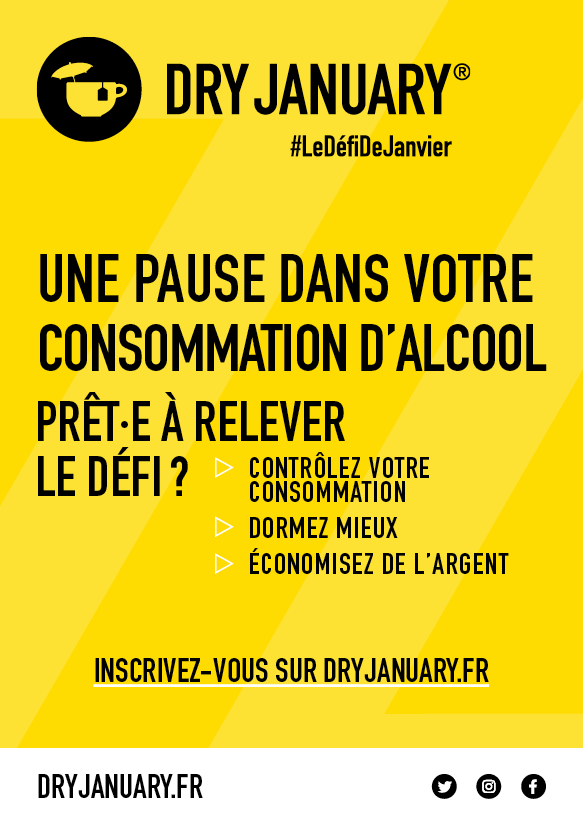
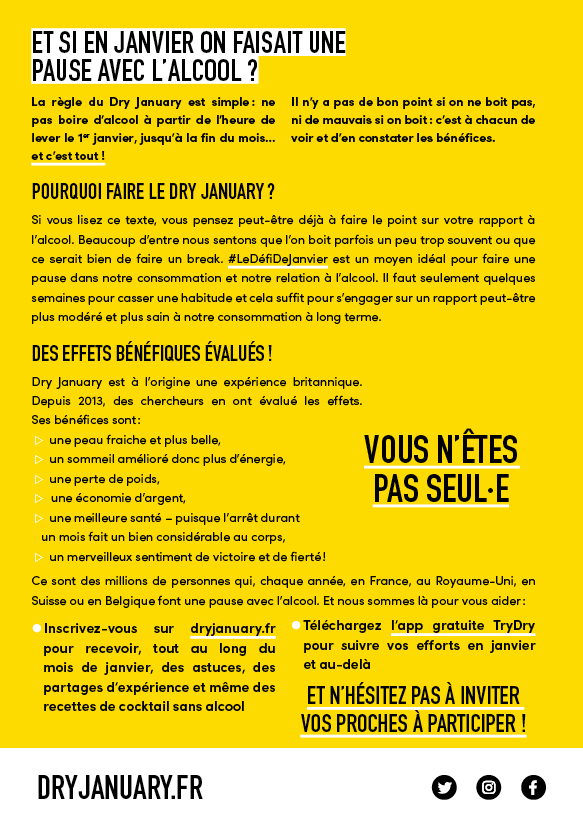


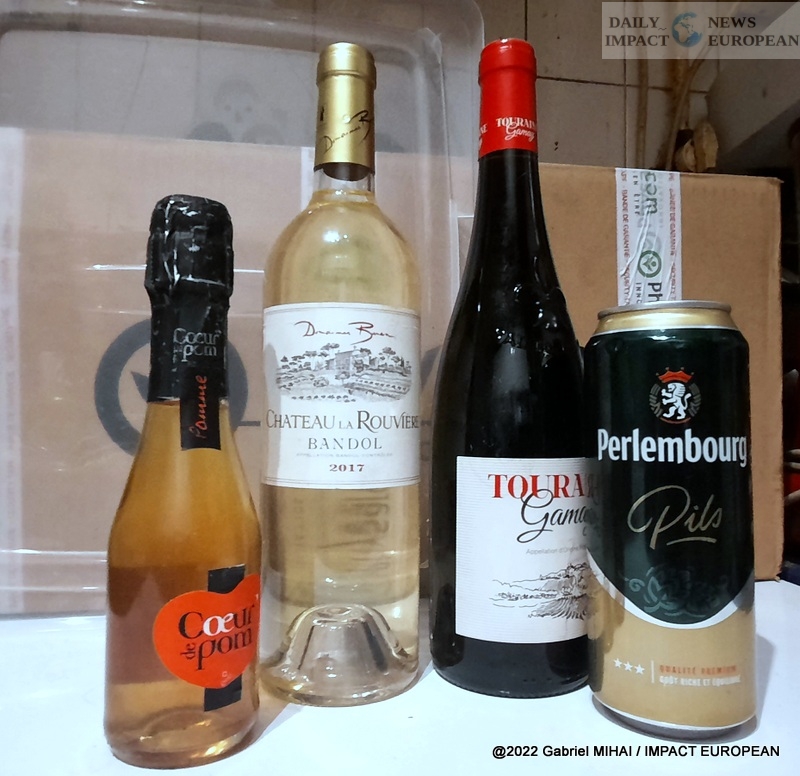
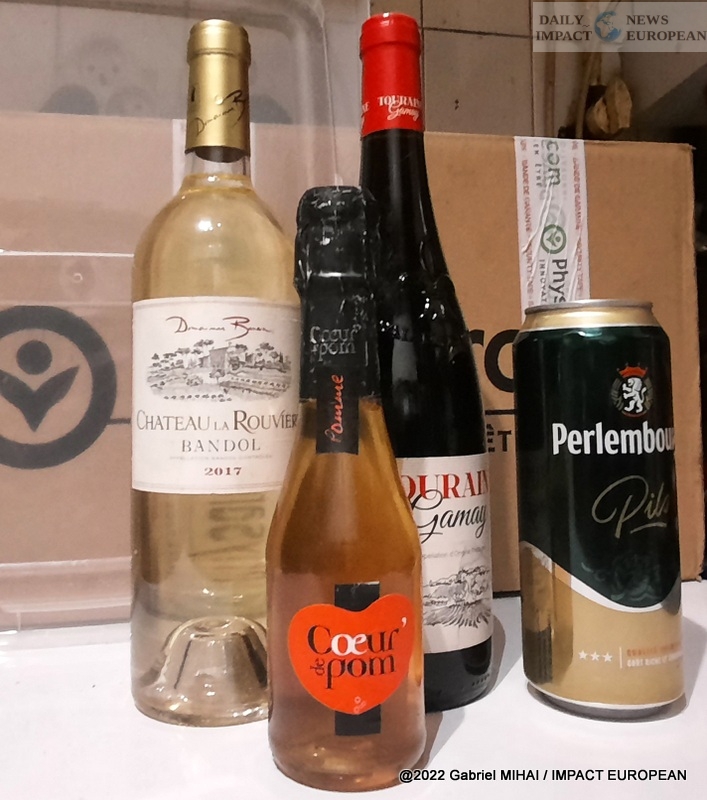
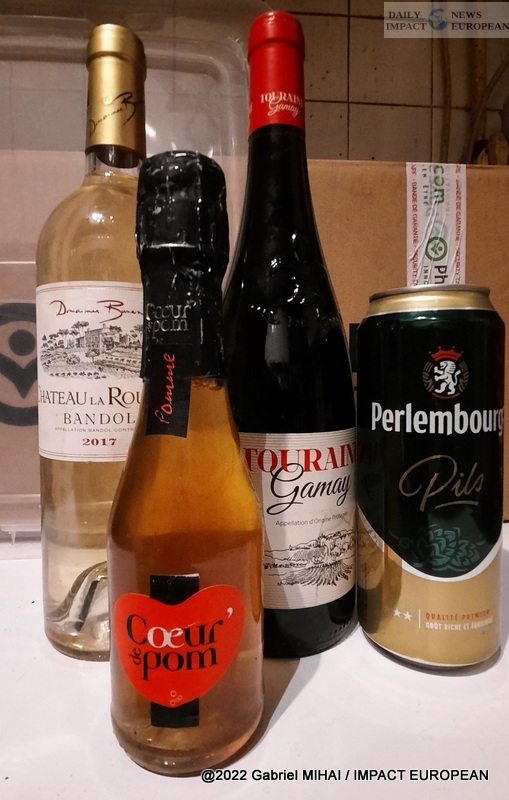
More Stories
METAL D’ALCOVE, the workshop of Eric KATZ, lighting sculptor in Montmartre
Paris Marathon 2024: Victory for Ethiopians at the Paris marathon
Gelsomina